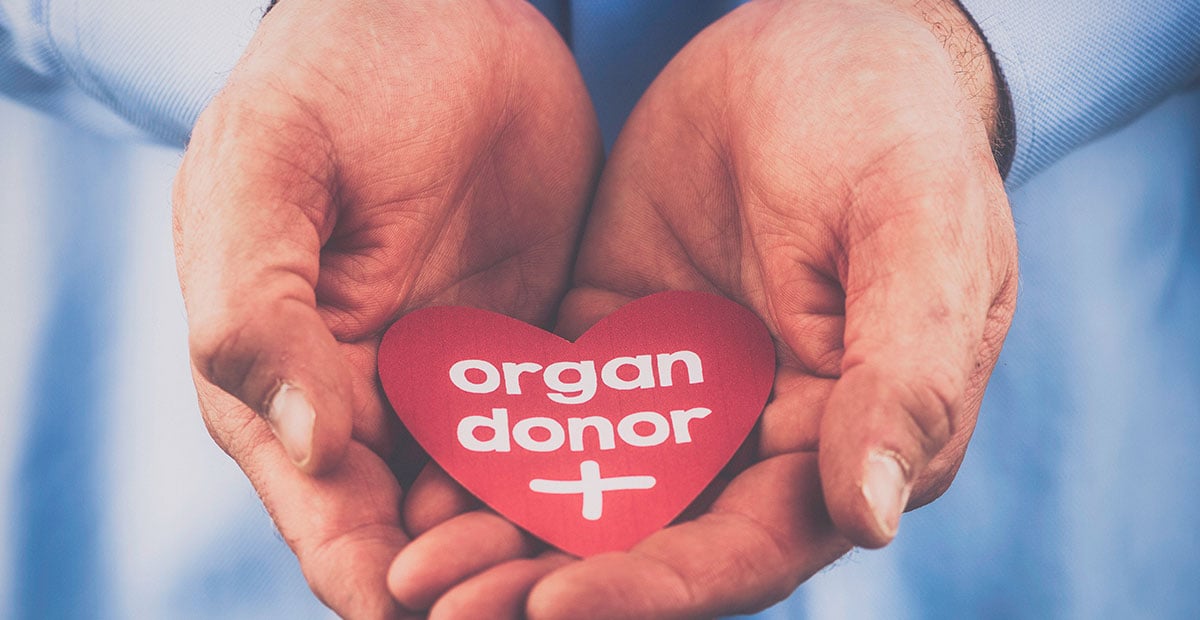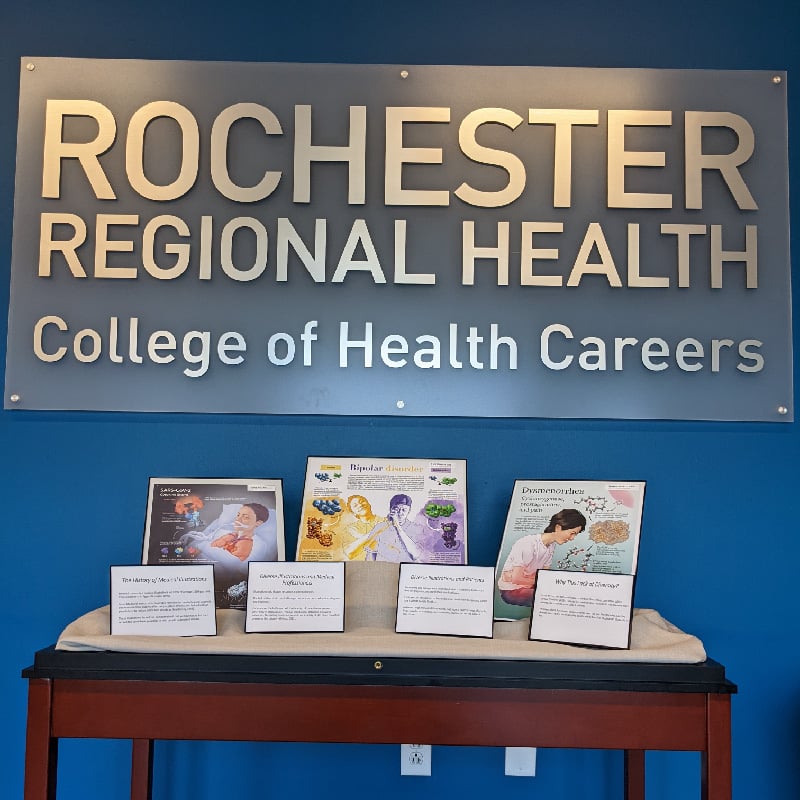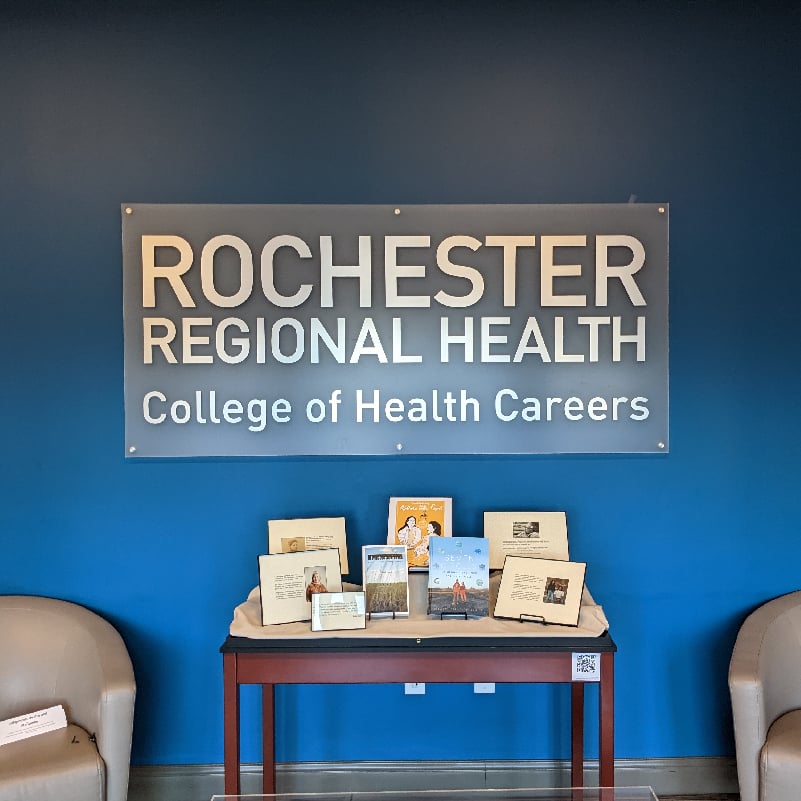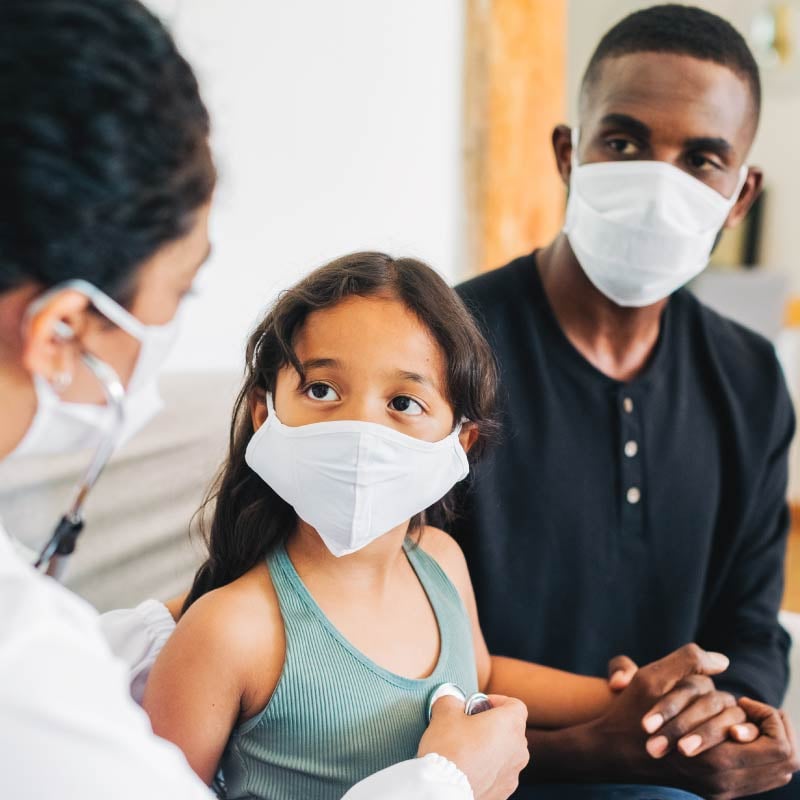Each day, thousands of people wake up waiting for an organ donation. Nearly 60 percent of the people waiting for transplants are from multicultural communities, including 22 percent who are Hispanic.
For kidney transplants alone, there are 100,000 people in the U.S. waiting for a donor. Of those patients waiting for a kidney, only 18,000 receive one. Each year, 4,000 people die waiting for a kidney transplant, according to the National Kidney Foundation.
David Hurtado-Trejo is one of the patients on the kidney transplant list. Since being diagnosed with kidney failure, he has not seen his wife and children in Mexico.
"In my case, [organ donation] is important for me because I would like to return to Mexico to be with my family,” David said.
Some people don’t know how to share their story and ask people to consider donation. Being aware of the need is one of many reasons to consider becoming a donor.
Choosing to donate
Making the culture of organ, eye, and tissue donation more positive goes a long way toward saving lives and improving the quality of life of diverse communities.
Part of a positive culture is an increased knowledge about the process of organ donation and transplants itself. Two main categories exist for organ donors: living donors and deceased donors.
Living donors can donate an organ such a kidney or type of tissue. Many donors know the person who is receiving their transplant, but some will donate their organ or tissue without knowing the person receiving it.
Deceased organ donation happens shortly after a person’s death and is the most common form of donation. A single deceased donor can save as many as 8 lives, give sight back to 2 people using cornea donation, and heal more than 75 lives through tissue donation.
Research shows the chances of an organ donor recipient surviving long-term may be greater if the donor and recipient have a closer shared genetic background. When considering a donor, a national organ donation database takes many factors into consideration, including:
- blood type
- body size
- how sick they are
- how long they have been on the list
- donor distance
- tissue type
“Organ donation is a gift we can give and receive – regardless of race or gender,” said Ebony Caldwell, MA, EdD, Interim Chief Diversity, Equity, and Inclusion Officer.
Christner Angerville, a Rochester Regional Health patient who received a transplant, believes it is important to consider organ donation.
“Everyone should help everyone,” Angerville said. “If you can help, it is good to be there. You shouldn't let fear be why you don't help."
Where to start
People who want to donate can take the first step of registering as an organ donor on the National Donate Life Registry. The process is simple and takes just a few minutes to complete.
Once registration is complete, telling friends and family about the decision to become an organ donor can spark a positive conversation. Many of our major life decisions are influenced by these important conversations between parents and children, brothers and sisters, cousins, aunts and nieces, and other relationships.
If a seed is planted in someone’s mind and the idea takes root, they might choose to make the same decision and save even more lives.
“It is important to have these difficult but life-saving conversations – early, aloud, and often,” Caldwell said. “The song One Vision by Queen talks about the human race and the unity we share just by being human. It’s even more powerful when we come together with one voice and one vision to save and heal lives in our own communities!”









